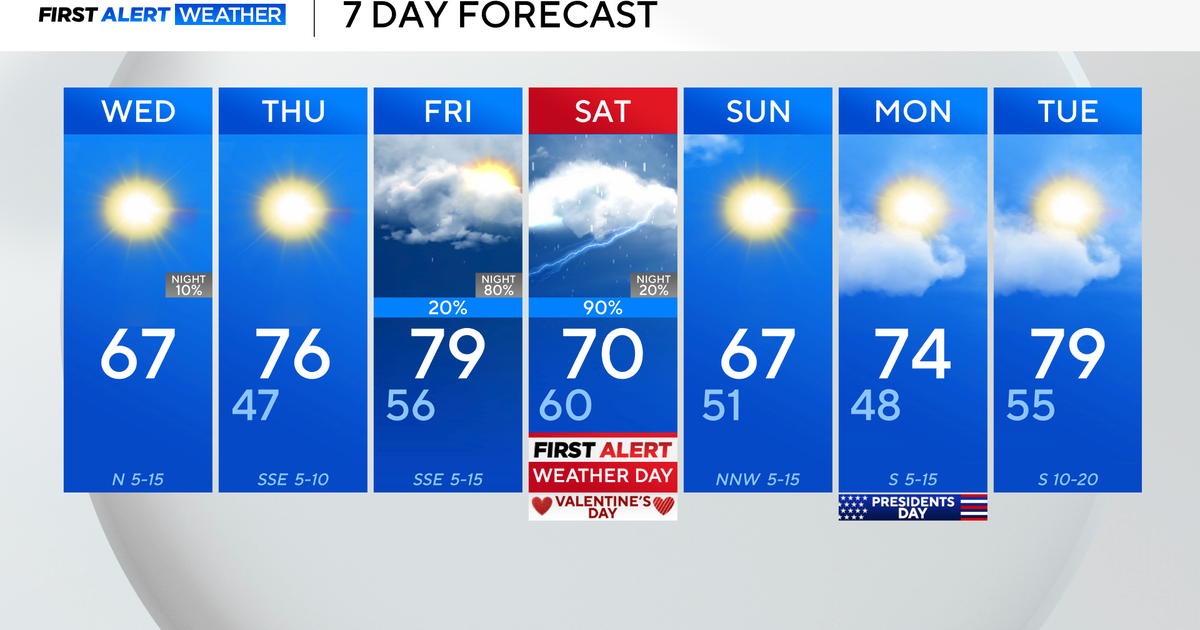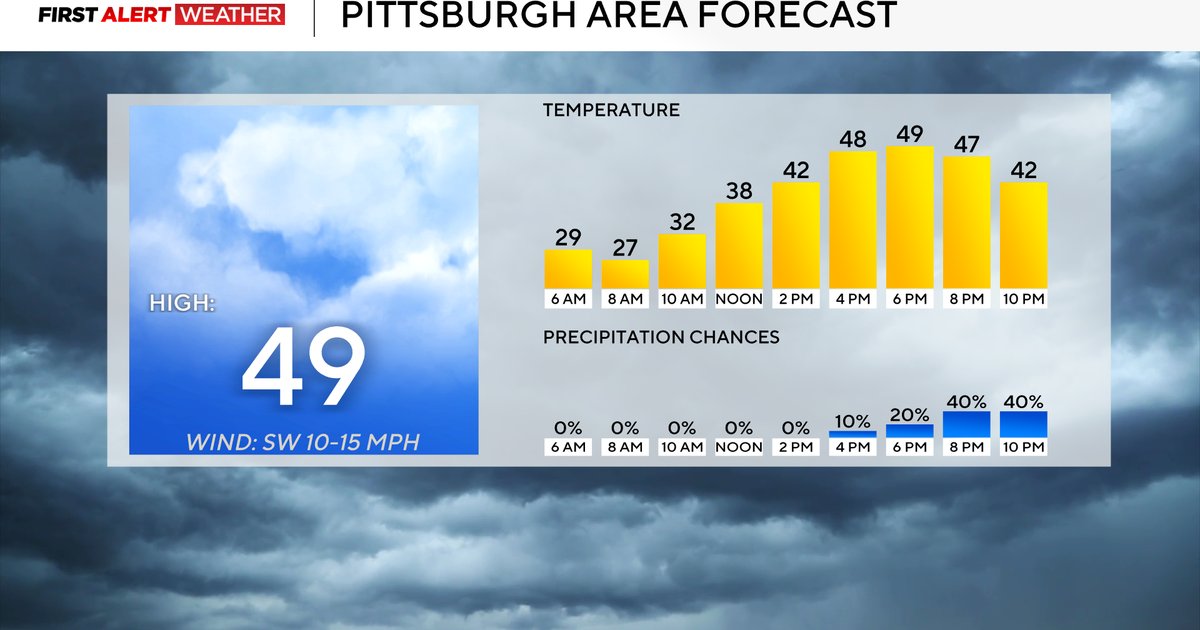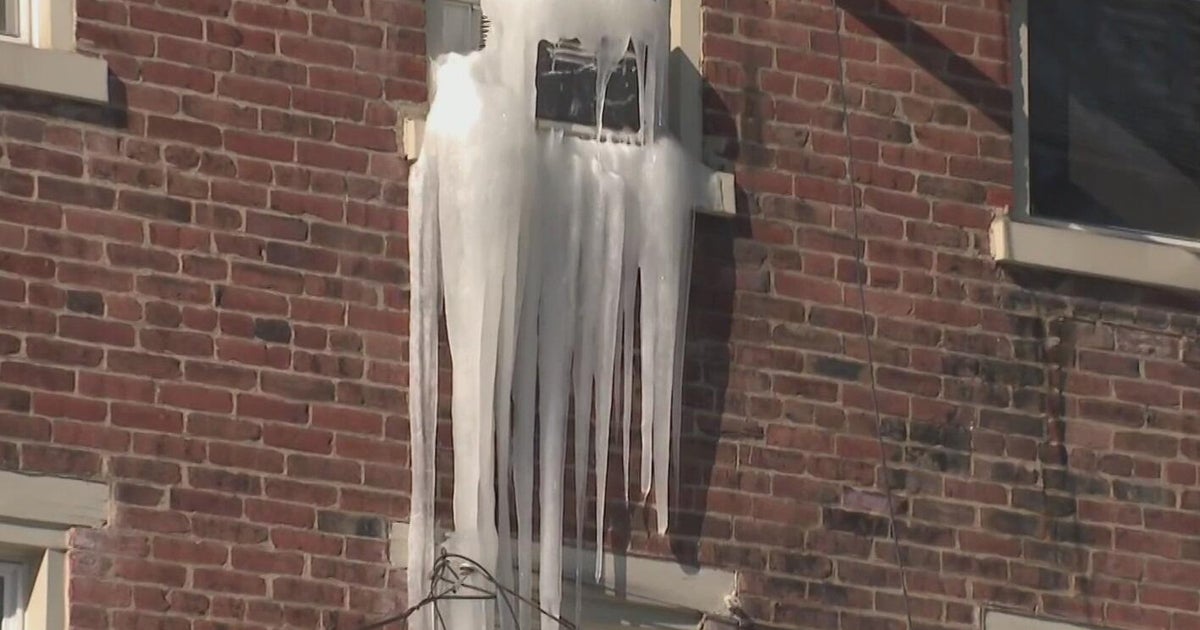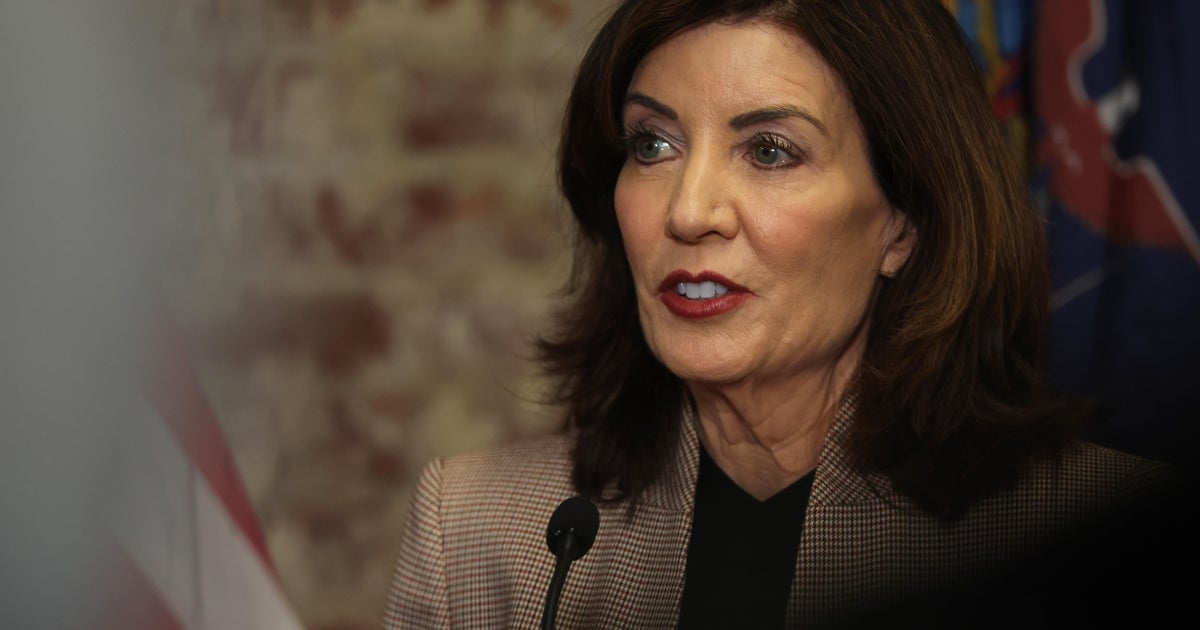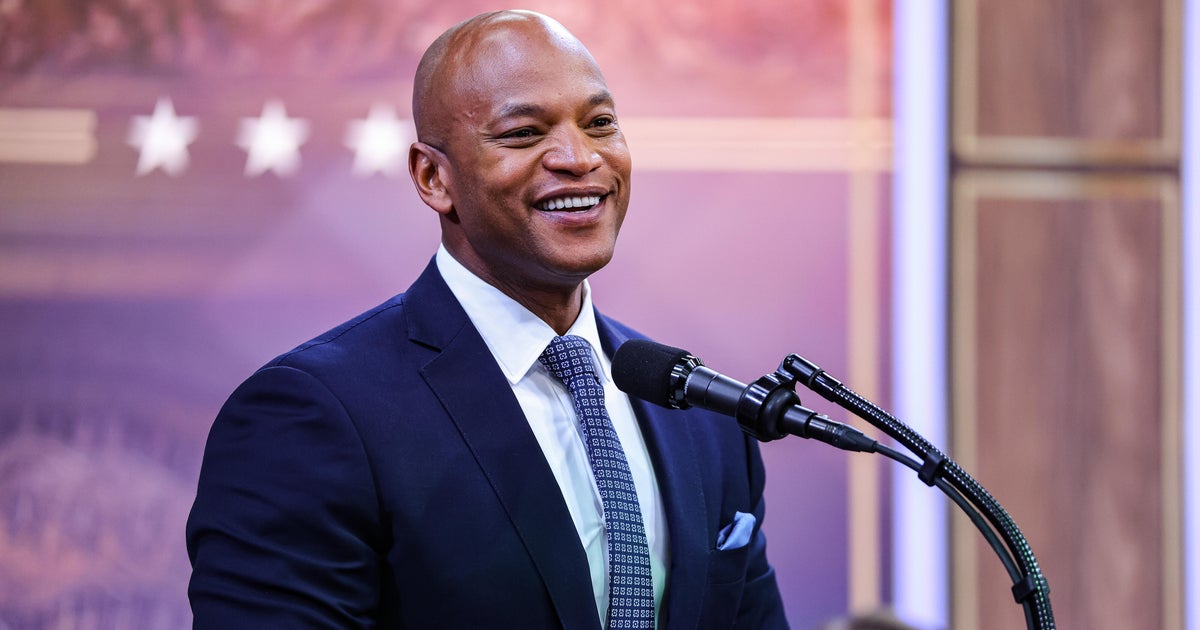Retailers Post Strong June Sales
NEW YORK (AP) -- Colossal sales enticed consumers to shop like it was 1999 last month. But higher prices ahead could cause the party to end.
Warm weather and discounts of up to 80 percent on summer merchandise helped retailers deliver the best revenue gains since June 1999 in what is typically the second-biggest shopping month of the year.
But pressure on stores to pass along higher costs for everything from clothing and handbags to food has raised concerns that the momentum may not continue heading into the busy back-to-school shopping season.
"Promotions were the clear driver this month, and consumers took advantage of some outstanding deals," said Ken Perkins, president of research firm RetailMetrics LLC. "But that leaves a big question mark for July and the back-to-school season. Will shoppers be willing to spend full price? The upper end will be doing that, but the vast majority of customers will be a little more cautious."
Big merchants Target Corp., Costco Wholesale Corp., Limited Brands Inc. as well as teen retailers such as The Buckle were among the companies that posted June results that beat Wall Street estimates. Luxury retailers like Nordstrom Inc. and Saks Inc. also posted another month of stellar gains, as wealthy shoppers have gone back to spending.
Retailers that serve lower- and middle-income shoppers were among the few stragglers. Fred's Inc. reported a decline for the month and lowered its outlook for second quarter. The company said that its low-income shoppers are having a harder time stretching their dollars to the next payday.
J.C. Penney, which targets the middle income shopper, registered a sales gain that came in below analysts' projections and released a disappointing profit outlook.
Overall, the International Council of Shopping Center tally of 28 stores rose 6.9 percent for June, better than the 3.5 to 4.5 percent increase that its chief economist Michael Niemira predicted. The results exceeded the 5.4 percent pace in May and marked the best June performance since June 1999, when the measure was up 7.8 percent. Excluding gas inflation, the figure was up 5.5, Niemira estimates.
The figures are based on revenue at stores opened at least a year. This measure is considered a key indicator of a retailer's health because it excludes results from stores opened or closed during the year.
Results from Wal-Mart Stores Inc., the world's largest retailer, are not included in the tally since it now only reports sales on a quarterly basis.
June is the second most important month on a retailers' sales calendar behind December. During the month, stores typically clear out summer merchandise to make room for fall goods. But this time, it took deep discounts of up to 80 percent to get shoppers to buy amid worries about the economy, according to John Morris, BMO Capital Markets analyst.
Still, the results are welcomed news for retailers, which had been hurt in previous months by consumers' hesitance to loosen their purse strings.
Most of the spring, shoppers, particularly in the low-to-middle income brackets, shrugged off buying discretionary items as gas prices neared $4 per gallon in late April and early May. Gas prices dropped almost 42 cents from a three-year high set earlier this year, and averaged $3.67 per gallon, according to AAA, Wright Express and Oil Price Information Service.
But analysts fear that retailers have not quite turned a corner. After all, gas prices are still 35 percent higher than last year at this time.
Moreover, prices in the food aisle remain high and this fall, shoppers will be seeing the price tags of fashion and accessories rise as retailers try to offset higher labor costs in China and soaring prices of raw materials like cotton. Retailers, which had already raised prices on select items, are expected to expand those increases.
And shoppers' biggest concerns ---- a weak job recovery and stagnant wages ---- continue to weigh on their buying decisions. These worries sent consumer confidence to a seven-year low in June, according to the Conference Board's survey released last week.
In fact, consumer confidence has never been this low in the 24th month of a recovery, according to David A. Rosenberg, chief economist and investment strategist at the Toronto-based money management firm Gluskin Sheff. Historically at the two-year mark, confidence is at 94, not 58.5, which was recorded by The Conference Board's June survey.
Such economic woes have helped boost business at discounters and wholesale club operators like Costco, which posted a 14 percent increase in revenue at stores opened at least a year. Analysts surveyed by Thomson Reuters predicted a 12.7 percent increase for the wholesale club operator.
Costco, based in Issaquah, Wash., said that its performance was helped by one extra day in the period, which helped its results by about 2 percent to 3 percent. The period also includes sales from its Mexico joint venture. Taking out the impact of gasoline prices and strengthening foreign currencies, revenue at stores open at least a year gained 8 percent.
Target, based in Minneapolis, reported a 4.5 percent gain in revenue at stores opened at least a year, beating the 3.2 percent estimate from Wall Street analysts.
Fred's, which operates about 670 discount stores and caters strictly to low-income shoppers, had a 0.7 percent decline, below the 1.9 percent gain that Wall Street expected.
Strong sales at Limited Brands Inc.'s Victoria's Secret chain helped the retailer post a 12 percent rise in June, more than triple the growth that analysts expected. Revenue in stores open at least one year rose 17 percent at Victoria's Secret and 5 percent at Bath and Body Works. Analysts surveyed by Thomson Reuters expected a 3.8 percent rise in the key revenue metric for Limited Brands.
Gap's revenue at stores opened at least a year rose 1 percent, better than the 2.3 percent decline analysts had projected. The figures were helped by Banana Republic's and Old Navy's North American businesses, which had 3 percent and 2 percent increases respectively. Gap, however, had a 1 percent decline even as it slashed prices across the store and offered racks of clothing for $10.
Among department stores, J.C. Penney's 2 percent gain was a bit lower than the 2.3 percent estimate that Wall Street projected. At Macy's, which caters to a higher-income shopper, revenue at stores opened at least a year rose 6.7 percent, better than the 5.1 percent increase analyst had expected.
Luxury stores fared much better. Nordstrom Inc. posted a 7.9 percent gain, surpassing the 5 percent increase analysts had expected. Saks Inc., which operates Saks Fifth Avenue, posted an 11.9 percent increase in revenue at stores opened at least a year. That was better than the 7 percent increase that Wall Street projected.
Among teen merchants, The Buckle Inc. reported revenue at stores open at least a year increased 10.8 percent. That was slightly better than the 10 percent rise analysts polled by Thomson Reuters, on average, expected.
(© Copyright 2011 The Associated Press. All Rights Reserved. This material may not be published, broadcast, rewritten or redistributed.)
